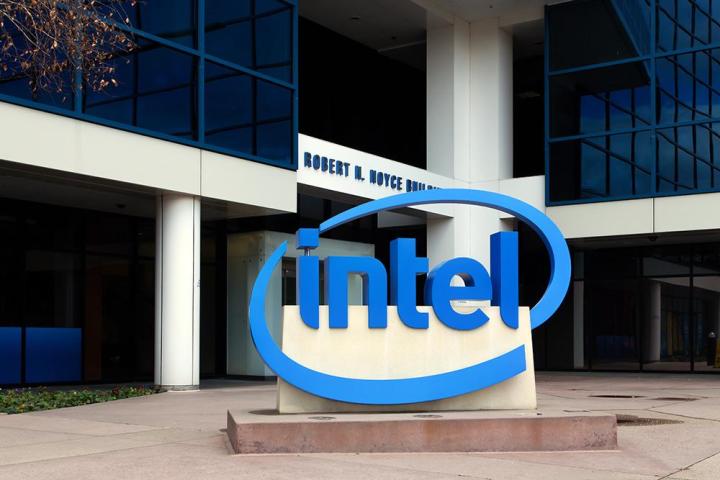
The device is what’s known as a category 16/13 modem, meaning it can offer download speeds of up to 1Gbps and upload speeds of 225Mbps. It supports network technologies like carrier aggregation, which cuts down on congestion by leveraging multiple LTE frequencies, and 4X4 MIMO configurations, which use multiple antennas to boost download speeds. And it’s compatible with multiple cellular technologies, including LTE, GSM, and CDMA.
It’s not quite able to match the peak speeds of Qualcomm’s wireless chip, which can reach peaks of up to 1.2Gbps. But it’s fast enough to download an HD movie in about 8 seconds, or 10GB of music in a minute and a half.
The absence of networks able to take advantage of the modem’s gigabit capabilities makes the launch seem a tad premature. Australia carrier Telstra upgraded its 4G LTE network to gigabit capacity last year, but it’s the world’s first — and only — to do so. At the Consumer Electronics Show in January, AT&T said it expected to achieve widespread 4G LTE speeds of 1Gbps thanks to “optimizations” and “thousands” of new antennas.
Verizon began testing 1Gbps connectivity in select cities earlier this year. Sprint said that it would deliver 1Gbps speeds in 2017. T-Mobile, meanwhile, claims that it’s the only network in the U.S. to have measured 1Gbps on its existing network.
AT&T announced the deployment of gigabit technologies last year,
The XMM 7560 modem, which is the first to be manufactured on 14nm process, is expected to supply cellular connectivity to Apple’s upcoming iPhone 7S, 7S Plus, and iPhone 8. Apple sourced Intel modems in iPhone 7 models sold on AT&T and T-Mobile, but was forced to tap Qualcomm’s solution for the Verizon and Sprint models because of the incompatibility of Intel’s last-generation modems with CDMA networks.
Intel’s got an upward climb if it hopes to make a dent. This past year, Qualcomm held a 52-percent share of the mobile processor market and produced 65 percent of all LTE chips.
But Intel does has some leverage. Apple filed suit against Qualcomm last month, claiming $1 billion in damages over patent royalties. And lawsuits filed over the past year by the U.S. Federal Trade Commission and South Korea’s Fair Trade Commission allege that Qualcomm has abused its virtual monopoly in the smartphone market to charge its manufacturing partners excessively fees.
Given this background, it’s no surprise that Apple’s looking for an alternative.
Editors' Recommendations
- Intel’s new CPU feature boosted my performance by 26% — but it still needs work
- AMD’s new CPUs decisively end the high-performance battle with Intel
- Intel Raptor Lake sets a sizzling new record for clock speeds
- Intel serves up new benchmarks for Arc Alchemist, but can you trust them?
- Intel claims new 12th-gen laptop chips outclass the M1 Pro


